Data breaches and theft is the biggest security concern for today’s netizens. As a result, it’s a burning question today to protect online data. When large companies got attacked by hackers, we see millions of user accounts-information are getting leaked, you’ve to apply and ensure the latest and most effective means to protect online data.
The recent data breach of Yahoo is the biggest data breach of all that affected 3 billion user accounts. The consequence of this incident was the selling of personal information underground which was used for detrimental purposes.
Business organizations try to follow the latest infosec standards to protect online data, but many of them can’t be successful. The matter of cybersecurity is not new, but all our processes, procedures, and policies couldn’t become effective to the full extent.
Rather, our efforts became futile in many ways. Besides, companies and government authorities collect our private data hugely and use it to serve their purposes.
Strict laws may reduce the problem. Collection of storing highly sensitive information should be restricted only to those entities that are qualified and comply with the strong standard.
Additional security measures may not be convenient for customers and expensive for service providers. However, ensuring the security and privacy of data is the only right solution to protect online data.
Here are some best practices that individuals and companies should apply in order to protect online data and keep it safe and secure.
Keep Your Online Data Safe and Secure: Home
In order to protect online data, try to observe these tactics while browsing the web home your home PC.
Tip 1: Never Use Only One email Account for Everything
Create a separate email address other than your private email for an important task like banking. Think of it as the first step to protecting online data. Only you should know about this email account.
In the job of communicating with friends, family, and relatives, use private email. Finally, create a 3rd account for other somewhat important tasks like coupon or discount sites, dating, social networking sites, online gaming, etc.
Tip 2: Watch Media Privacy of Your Family
Oversharing has become one of these days’ biggest problems. Especially, children and young adults have the propensity to publish lots of sensitive data online. We should teach our children that matters can be or can’t be shared online.
Plus, the privacy settings of social media accounts should be set at the maximum possible level. Sometimes, indicating the incorrect date of birth and address is justifiable to protect online data.
Tip 3: Be Careful with Files and Links
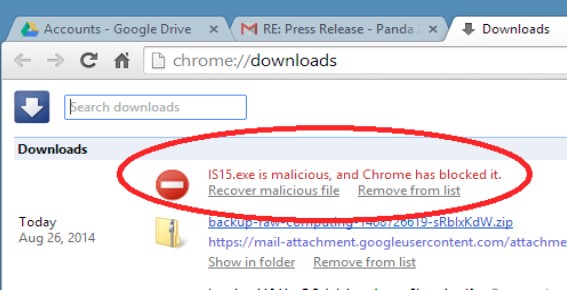
When users click on untrusted links on social media, open malicious email attachments, and download free stuff on risky websites, viruses get penetrated the computer.
For example, if you download free stuff on torrents, you have a great threat of importing viruses. Be careful and watch your steps while doing this in order to protect online data.
Tip 4. Install an Antivirus
Even though in some cases, antivirus software fails to detect the intrusion of viruses, however, having an antivirus is a must weapon to protect online data.
The number of attacks is massive and even the strongest security practice can’t give you protection from all kinds of threats. However, antivirus may give you 90% of the protection you need.
But, having several antivirus tools is no panacea, and they will interfere with each other’s work. You can also apply additional antimalware on-demand scanners.
Always keep in mind to update your security software tools, operating system, and other software.
Tip 5: Be Careful in Connecting to Public Wi-Fi
You should avoid it as it’s unsafe. It’s OK if you do just some web searches or read articles using public Wi-Fi. Don’t send important information or transfer money using it.
If you do, your whole communication system can be at risk. If you have the necessity to connect to public Wi-Fi, you should use VPN services. Using VPN, you can hide your real IP and encrypt your traffic.
Even, your home wireless connection should be kept under protection. Use a long password and make a whitelist that gives access only to you and your family members.
Tip 6: Apply Strong Password
This advice is as old as the internet itself. It’s essential to create separate passphrases for each new website or app.
If possible, apply the multi-factor authentication method. Remember, applying a strong password is one of the most conscious ways to protect online data.
Tip 7: Use Separate Credit Cards for Online Shopping
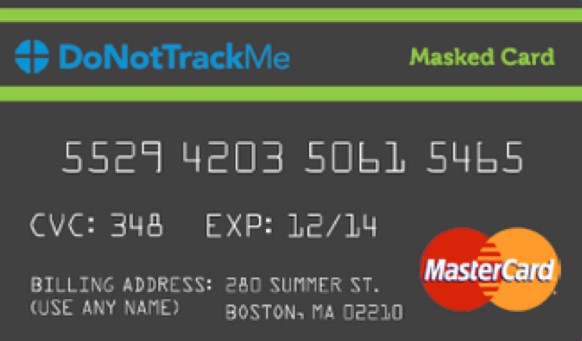
As cards are the favorite target of cyber rogues, using separate cards can be a remedy. Tell your bank to apply additional protection codes and limits for Withdrawals.
Tip 8: Check Card Transactions Regularly
To detect unauthorized transactions, check every debit and credit cards transactions statement at least once a week.
If you notice an unusual activity like a transaction you didn’t make, ask your bank to block the card.
Tip 9: Keep Back Ups
As ransomware is the dominant threat these days, keep back up, back up, and back up! It’s important to protect online data and this importance is invaluable!
Ransomware may encrypt and destroy all files as well as steal data. Hence, use multiple backup strategies and consider both offline and cloud storage for this purpose.
Tip 10: Watch Your Contacts
As innumerable social media, messaging apps, and email accounts are becoming the victim of dangerous hacking, messages from near and dear ones may be tricksome.
Cybercriminals may hack the ID of your friend and send you a virus on his behalf. If you’re unsure about, for example, a ZIP archive or strange link, it’s better to make sure via phone or messages whether he sent it or not.
Tip 11: Checking HTTPS and the Certificate Validity
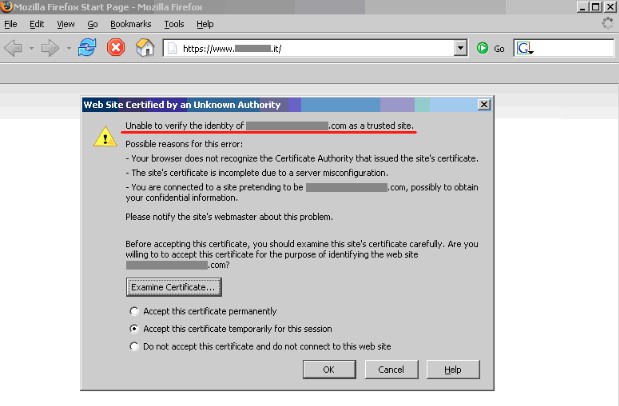
It’s a common practice for online shoppers is checking if the site uses HTTPS and if the certificate is valid.
Tip 12: Install Ad Blockers
To get rid of the unnecessary hassle of unexpected ads, Install ad blockers on all your web browsers. Even after installing ad blockers some ads are still preserved and look suspicious, don’t click on them.
To trap you, scam masters use attractive tricks. If something looks too good to be true, you should better avoid it.
Tip 13: Don’t Share Personal Information
If not that type necessary, don’t share your personal information. If you’re requested to share it, you shouldn’t provide your social security number or other personal information in instant or without thinking.
Not sharing personal information here and there is very important to protect online data.
Tip 14: Check on Gadgets Settings
Before transferring data into the cloud, check all your gadget settings. Put off all the options that may seem suspicious to you.
Tip 15: Check Reviews Before Signing Up
Before making a sign-up for any services, never forget to check their reviews. Provide your private data only to those that have a record of solid protection of customers’ information.
You should delete the services or sites from your list that have previous data breach records.
Keep Your Online Data Safe and Secure: Business
Online security rules and regulations are stricter for companies than that for individuals. The following tips proved to be very much effective if these are taken seriously.
Security rules for companies are stricter. Forward this list to your boss if none of them is observed at your workplace.
Tip 1. Security Informing
Staffs are often the cause of data leaking or exposing vital, confidential information. So, employees have to be undergone constant security training, among which spear-phishing and safe browsing training is a must.
Collective consciousness is one of the best ways to protect online data for businesses.
Tip 2. Safe Vendor Choice
Some smaller firms who are vendors or partners of bigger enterprises sometimes cause a few breaches through hacking. As these small third-party subcontractors normally possess a lower protection system, they are easily prone to target.
Hence, business organizations should choose their vendors carefully and involve those who apply the best security rules and standards.
Tip 3. Physical Security of Equipment and Officers
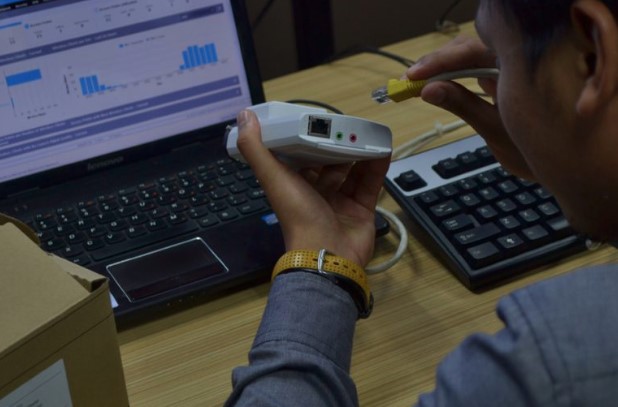
It’s very important even for strong online businesses. In this way, a lot of data breaches happen when hackers connect to the computer system of a business enterprise by entering the office building with the help of social engineering or may find confidential documents in the garbage.
So, to ensure the safety of organizational equipment and data across multiple locations, many business entities are becoming more conscious of physical security solutions.
Tip 4. Detect Unauthorized Intrusion
Big corporations are able to detect an intrusion even after 200 days on average. So, an early warning system in this situation will help reduce the period to a great extent. Special systems need to be applied to monitor your networks and detect unusual patterns.
Tip 5: Demand Data That’s Needed
Companies should not want data that won’t be required of them. For example, healthcare organizations need a unique patient ID number and don’t require an SSN.
Tip 6: Give Priority to Your Defense
If you have budget constraints, put priority to defend your most critical data.
Tip 7: Always Encrypt Important Data
Rather than expressing in real form, you should go for encrypting important Data to keep confidentiality.
Tip 8: Provide Server Access to Selected Persons
Provide the right of accessing the server to your employees based on their place in the company’s hierarchy.
Tip 9: Test Regularly
Conduct intrusion tests and risk assessments regularly. Testing and examining help a lot to protect the online data of businesses.
Tip 10: Updating
Keep pace with the new security techniques and products and apply them to the organization’s IT infrastructure and be informed about the latest hacking incidents.
So, be prepared for the worst-case scenarios online, but take preparation for the number one category. As the Internet of things and cloud services are becoming more common and new data-stealing techniques are appearing in the cybercrime world, security challenges have become a big issue these days.
However, if the aforementioned tips are followed and applied successfully, the number of data breaches or falling into incidents of cybercrime will be minimal.

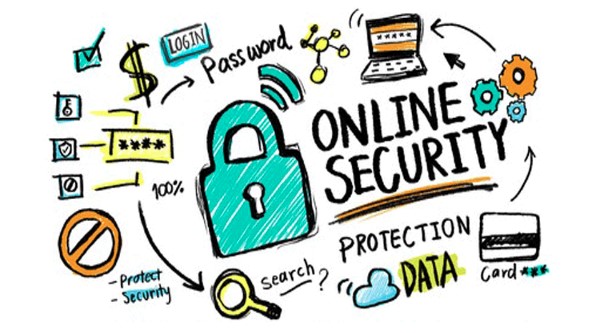


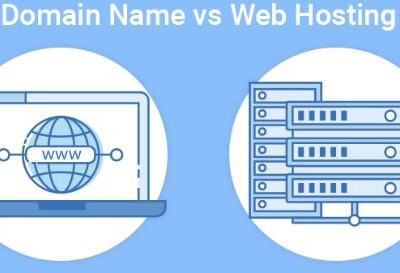











Comments